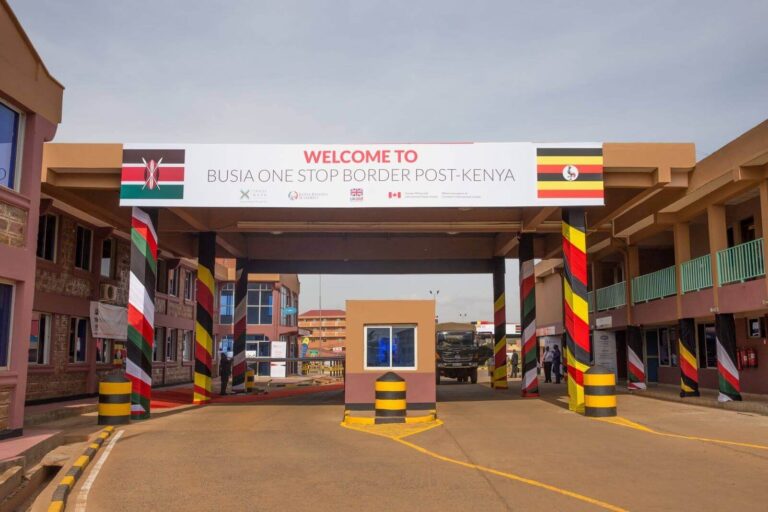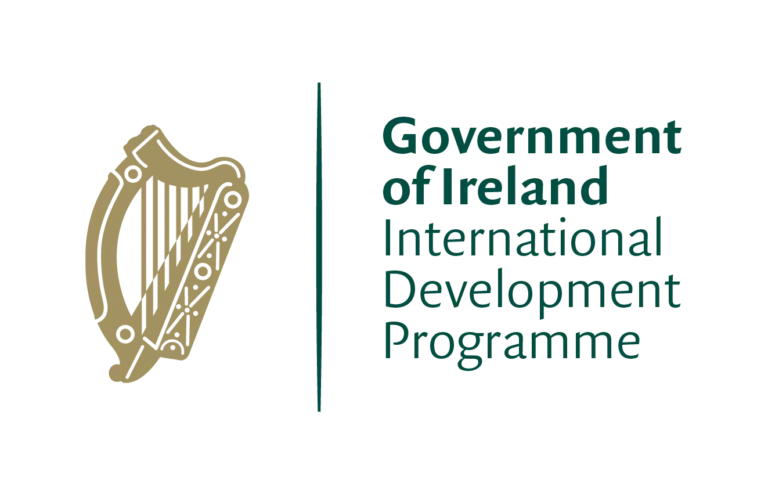Under Strategy one, TradeMark Africa (TMA) supported EAC Partner States to implement a number of trade reforms around the Single Customs Territory (SCT); undertake improvements in trade facilitation infrastructure at ports of Mombasa and Dar-es-Salaam; connect roads and border posts; improve customs efficiency and harmonisation of trade standards and creation of a reporting framework for non-tariff barriers. TMA also provided hands-on assistance in building capacity of its implementing partners to develop project monitoring and implementation frameworks. More importantly, TMA’s governance model of National Oversight Committees and national presence in all the EAC Partner States, provide an opportunity for its partners to proactively engage in programme delivery, and affords them ownership and the ability to sustain projects upon closure.
Results of TMA Strategy 1 interventions have been positive. Clearance of cargo along the Northern Corridor reduced from 21 days to between 4 and 6 days from Mombasa to Kigali; and from 18 days to 3 to 4 days from Mombasa to Kampala. The time to resolve non-tarrif barrier (NTB) related cases reduced from an average 34 to 8 months per NTB reported; while more than 170 product standards related to 40% of the key top 20 products traded across the EAC region have been harmonized.
To achieve this, four interrelated interventions are proposed:
- Improved efficiency and capacity of transport infrastructure.
- Effective trade systems and procedures.
- Improved regulatory environment for trade.
- Improved standards and reduced NTBs.
TradeMark Africa (TMA) has implemented and evaluated numerous projects across Africa, primarily aimed at reducing trade barriers, enhancing infrastructure, and fostering regional integration. Below are some notable evaluated projects:



CASE STUDIES
CASE STUDIES
CASE STUDIES











